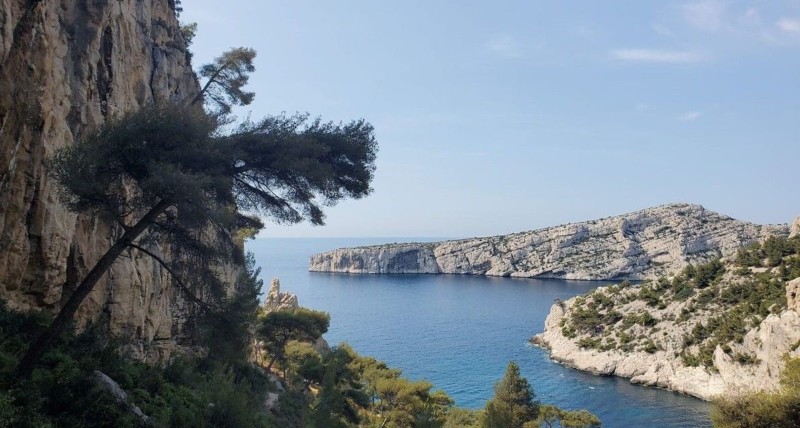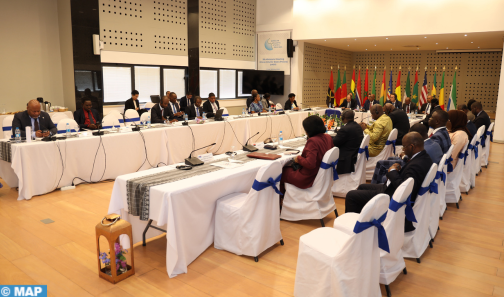With over 850 kilometers of coastline, the goal of AICS projects in the Lusophone country is to harness the economic potential of aquatic and marine resources while preserving ecosystems and supporting local workers.
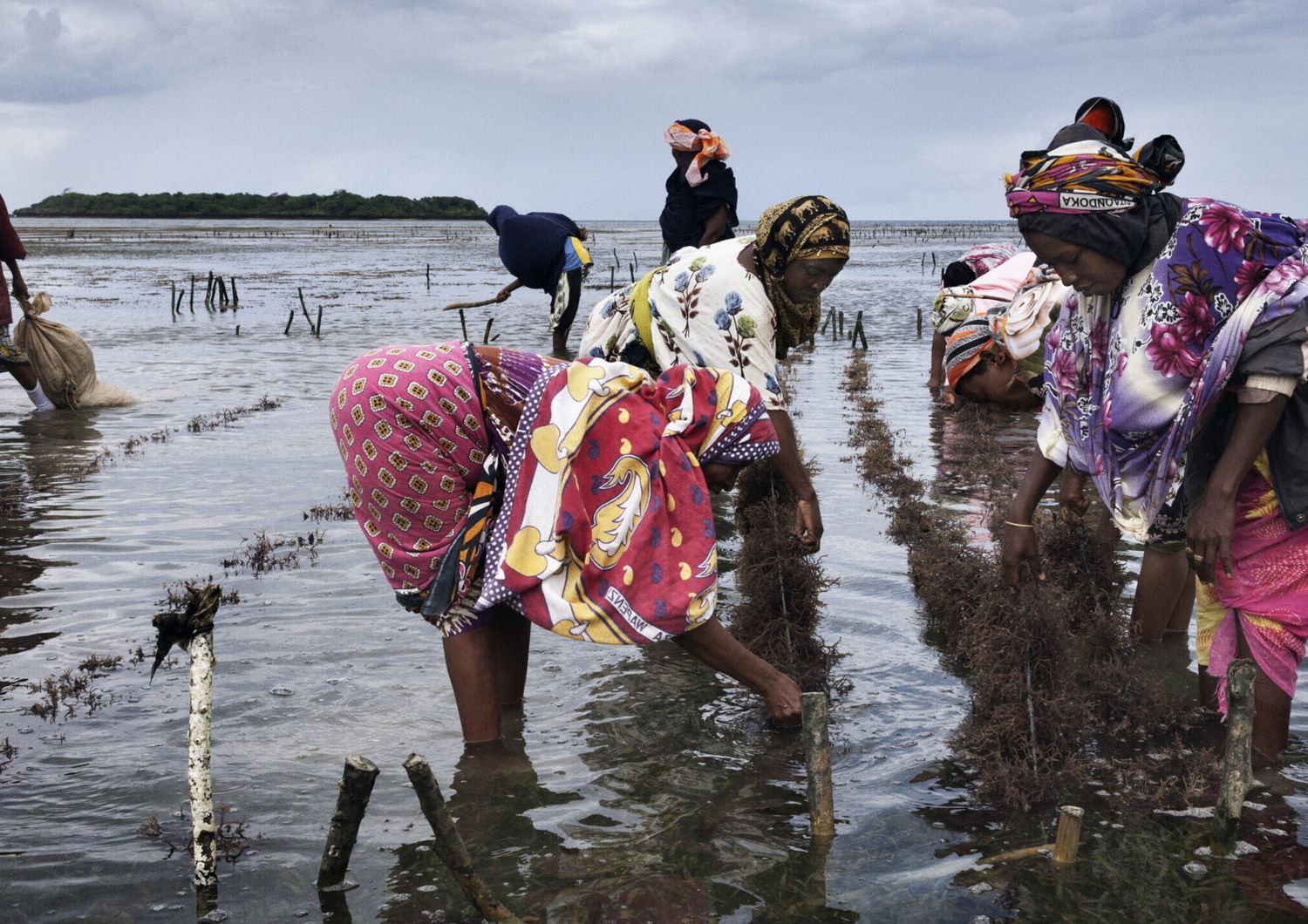
AGI – In Mozambique, the Italian Agency for Development Cooperation (AICS) is implementing several projects aimed at leveraging the economic potential of the country’s aquatic and marine resources, supported by over 850 kilometers of coastline.
The first project, as explained by the director of the Italian agency, Paolo Enrico Sertori, takes place on the Macaneta Peninsula, “where we are working on environmental protection, solid waste management, and marine waste management.” He added, “We are training lifeguards in first aid and constructing public infrastructure for environmental services and protective police units.”
A second initiative focuses on the restoration and management of mangroves on Inhaca Island and in the Bay of Maputo, “an area where ecosystems are endangered due to the unsustainable exploitation of resources.” In this context, Sertori highlighted that AICS is “establishing nurseries, improving ecosystem management to reduce deforestation, and creating sustainable livelihoods for neighboring communities.
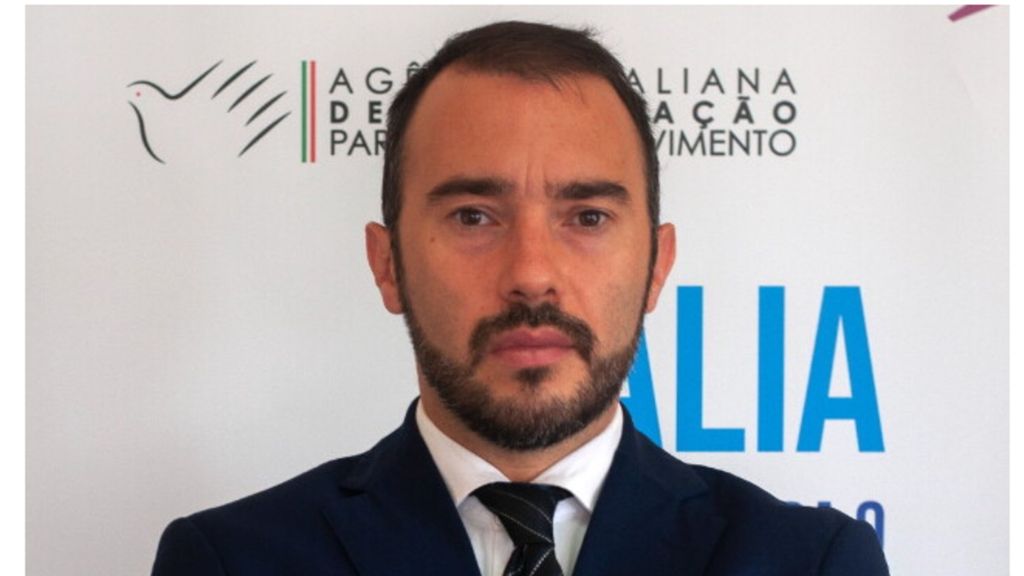
In addition to the two projects, a third initiative linked to the blue economy is planned for Mozambique’s northern province of Cabo Delgado. This initiative is currently awaiting approval from the Italian Ministry of Foreign Affairs—a necessary step, explains Sertori, to “shift from an emergency-driven approach to a development-focused strategy.”
Although challenges persist in education, healthcare, and food security, AICS aims to support local fishermen through training programs and resource allocation. “We are already active in this area with the help of the United Nations, particularly the World Food Programme and UNICEF. We provide fishermen with boats, fishing nets, and other production tools,” adds Sertori, who coordinates ongoing AICS initiatives in Zambia, Malawi, Angola, and Zimbabwe from Maputo.
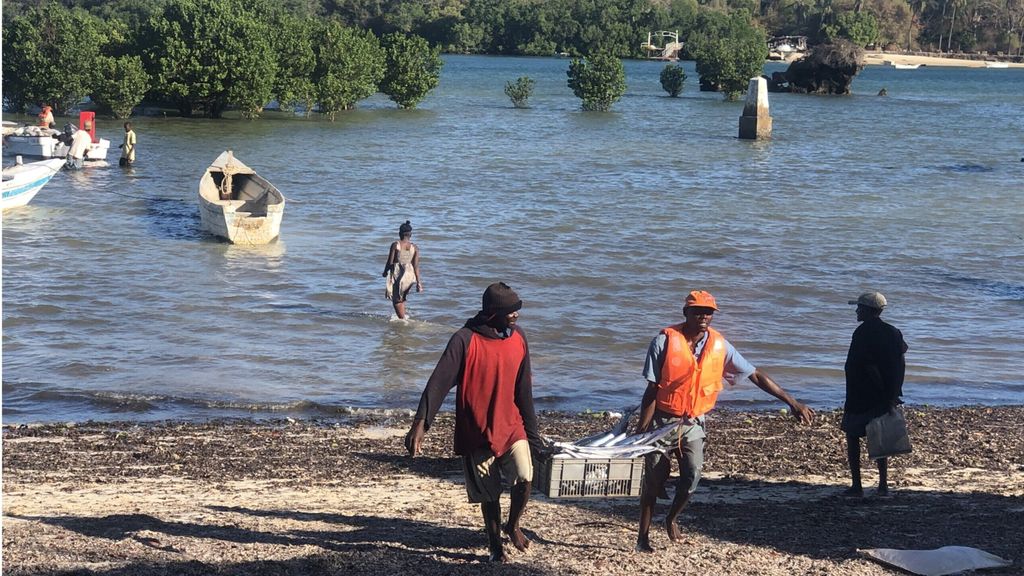
The regional director of Italian cooperation assures that these initiatives align with Mozambique’s Blue Economy Development Strategy (EDEA), developed by the Ministry of the Sea, Inland Waters, and Fisheries. The strategy aims to promote the sustainable use of ocean resources, improve the living standards of coastal communities, and protect marine ecosystems.
The EDEA strategy of the government in Maputo is built on six pillars that outline the areas to be transformed: fisheries and aquaculture; renewable energy and marine extractive industries; natural capital, environment, and circular economy; tourism and culture; maritime transport, port, and logistics infrastructure; and maritime security.
Source: AGI


